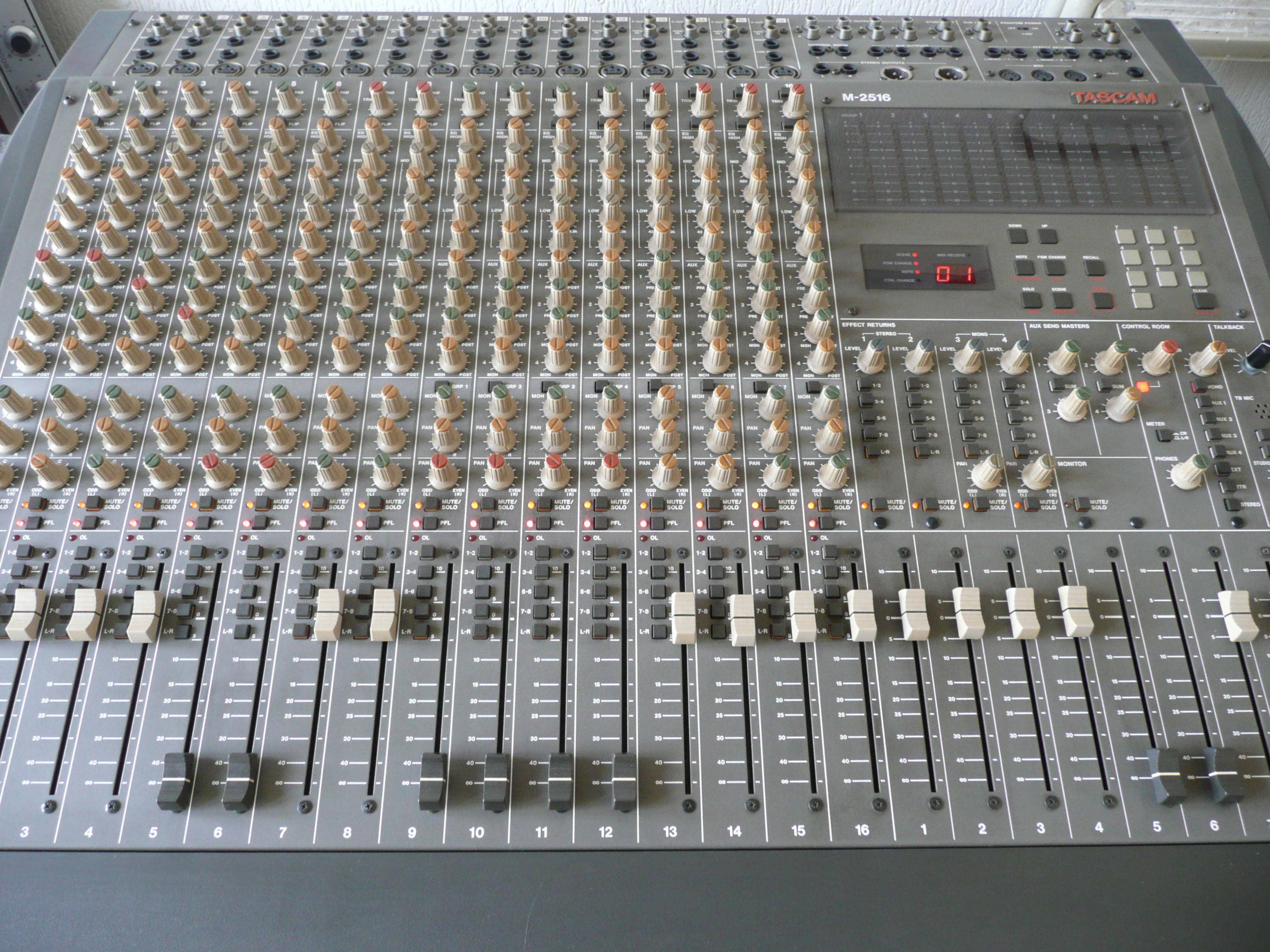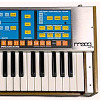
I have a Tascam M-2516 like the one pictured above, but it is giving me a ton of crackle in the master fader and the stereo bus is giving out on one side unless I push the level above unity gain. I know I need to clean it and see if there's anything critically wrong with the master fader -- like corrosion -- but there are a ton of screws on nearly every side. The owner's manual doesn't give a rundown of how to open this thing up, so I'm hoping someone here knows the general procedure for items of this type.
My best guess would be to remove all of the knobs and arrange them by placement on some paper or in some dividing trays, leave all the faders screwed on, then remove the one(s) I need to give extra attention to and deep clean them. But I'm not sure. I would hate to disconnect more than I need to and make it harder to reassemble. Or worse yet, damage something by having it fall inside on to something sensitive.
Really hoping to go fully DIY on this. Any advice?



